It is of great importance to know how to choose the right tiles for you kitchen backsplash because the backsplash is an essential practical and cosmetic component of any kitchen design.
In addition to being visually pleasing, the optimal backsplash material should also be low-maintenance and straightforward to clean. Full-sheet materials are becoming more popular nowadays, and many manufacturers are creating attractive alternatives that look great, don’t have grout lines, and have tough, easy-to-clean surfaces.
Using a wide sheet material for your kitchen backsplash is more attractive and simpler to clean than any kind of tile mosaic, whether it is quartz, stone, steel, or Glass.
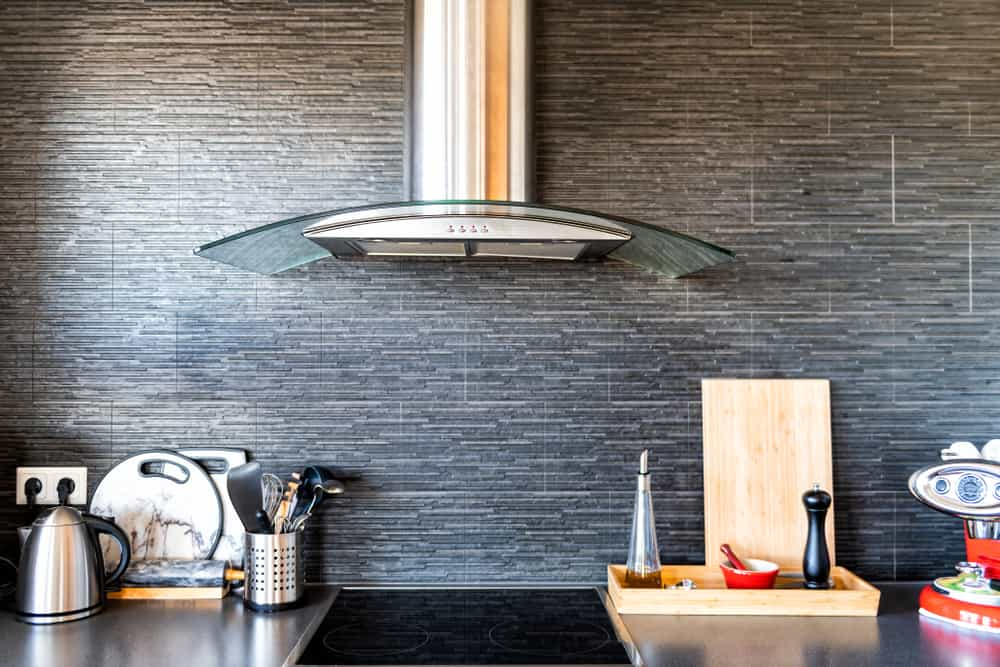
Choosing an Easy-To-Clean Kitchen Backsplash: Steel, Stone, Quartz, & Glass
Thanks to manufacturing technology advancements, designers and consumers now have a wide variety of different materials to pick from when it comes to kitchen design. There are three key considerations for many homeowners when choosing a material. The first is its visual appeal.
Does the material satisfy their demands for a beautiful design? Is it trendy and appealing? Second, does it work properly? Sturdy and adaptable material makes a fantastic backsplash. And lastly, is it simple to maintain and clean?
Stainless steel, natural stone, engineered quartz, and tempered Glass are four full-sheet materials that are becoming increasingly popular with designers and homeowners. Let’s examine each’s advantages and disadvantages.
Steel is stainless
Commercial kitchens have traditionally used stainless steel as a mainstay material because of its dependability, elegance, and affordability. Including sheet stainless steel in your kitchen makeover has a lot of fantastic advantages.
It looks fantastic!
When utilized as a backsplash, stainless steel has a modern appearance and looks wonderful. The material for stainless steel backsplashes is available in a broad range of patterns and surfaces, making them a stunning focal point for any kitchen design. In addition to reflecting a lot of light, it may give your kitchen a more solid appearance.
It’s sanitary.
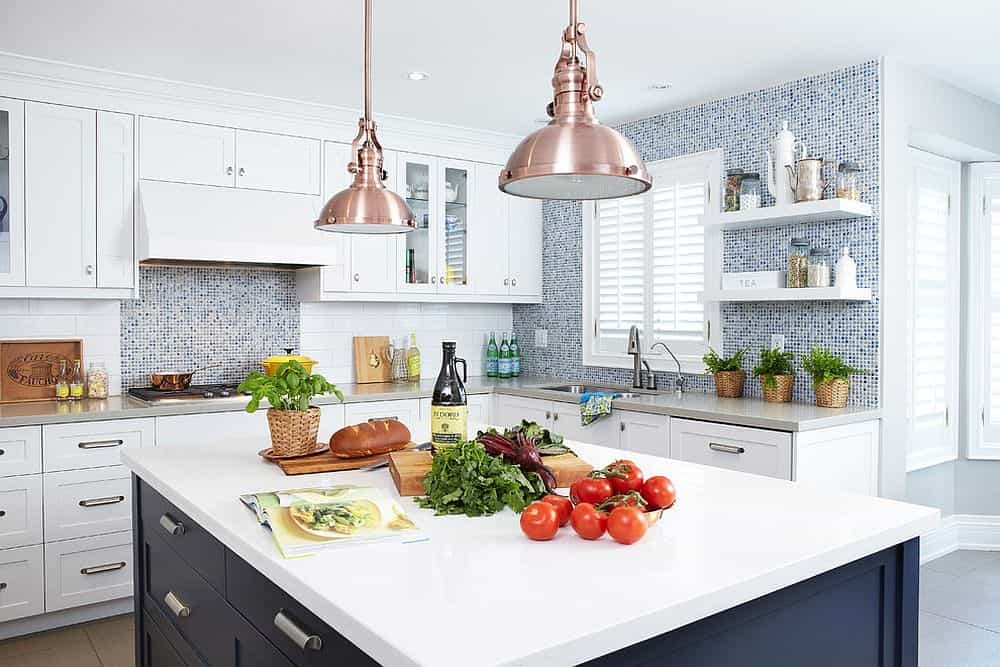
Since stainless steel is non-porous, germs cannot hide there. It is a material that is simple to clean and can be disinfected with common home cleaners or just a bleach and water solution.
It’s durable and flexible.
Stainless steel won’t tarnish, doesn’t need to be polished often, and with routine maintenance, it may look wonderful for many years. Stainless steel is simple to install in any environment due of its versatility.
Stainless Steel Is Very Robust.
Both heat and water resistance and relative durability characterize stainless steel. It is very simple to maintain and effectively conceals fingerprints.
While stainless steel has many advantages, it also has certain disadvantages. Steel may actually stain when exposed to acidic substances like tomato juice or lemon juice.
Splashes or spills need to be cleaned up right away. Additionally, stainless steel is easily scratched. Never clean it with steel wool or scouring powder. Stainless steel may dent like any other metal if it is struck hard enough, and dents and dings can be difficult to remove.
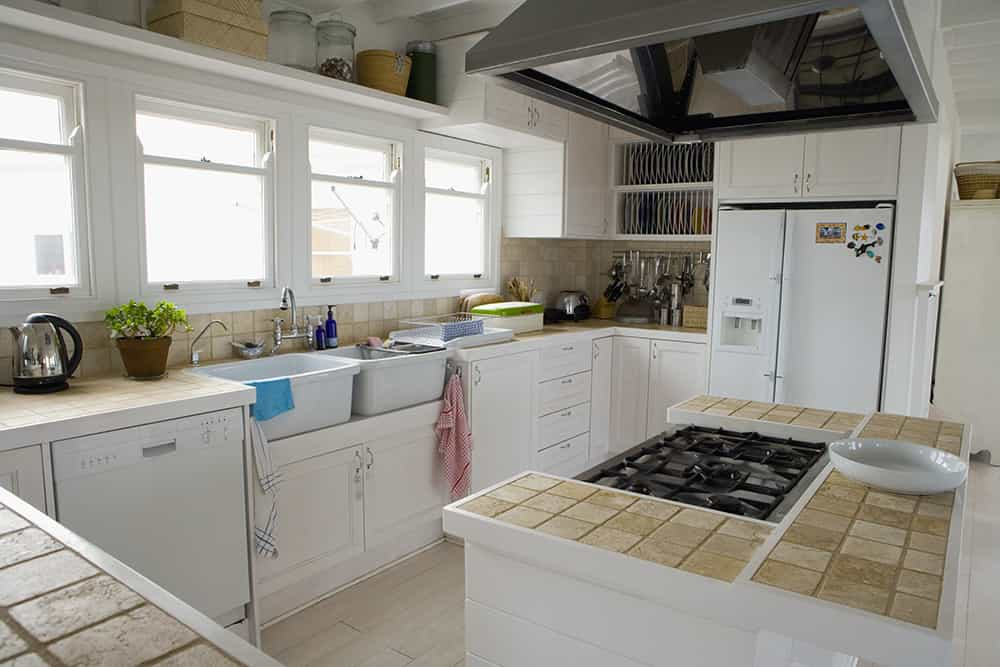
Authentic Stone
Whether it’s a kitchen countertop, accent wall, or floor, natural stone is a stunning material that can improve any space in your house. Stone, such as travertine, Cararra marble, soapstone, and granite, adds value to your property and is available in various hues, patterns, and species.
The use of thin natural stone veneer as a backsplash is a recent trend. It has excellent aesthetics, is considerably lighter than slab material, and requires much less maintenance than tile. The benefits and drawbacks of a solid stone kitchen backsplash are listed below.
The Stone Is Appealing to Everyone!
Natural stone can increase the value of your house when you sell it if you are renovating. Travertine, marble, or granite are timeless materials with lasting power. Stone has many potential buyers, whether you’re selling now or in 15 years.
Stone is special.
The uniqueness of each piece of stone makes it a beautiful natural material. Even identically colored pieces will have different swirls and veining, giving your kitchen area a distinctive appearance.
Stone is affordably priced.
Compared to bespoke tiling, natural stone may be fairly inexpensive, depending on the species. Although certain types may be expensive, thin-cut stone veneer can be a great deal when you consider its toughness, stain resistance (when properly sealed), and ease of maintenance.
Natural stone has a lot of advantages, but it also has certain disadvantages. Selective use of cleaning supplies is required. Natural stone might get discolored as a result of certain substances. Use only cleaning products that the manufacturer has recommended.
Acidic liquids that cause pitting or etching, such as lemon juice, vinegar, or wine, may also be an issue. Splashes should always be cleaned up right away to prevent issues. Stone may absorb water and is susceptible to stains since it is porous. You must carefully seal your stone surfaces every few years to maintain their good looks.
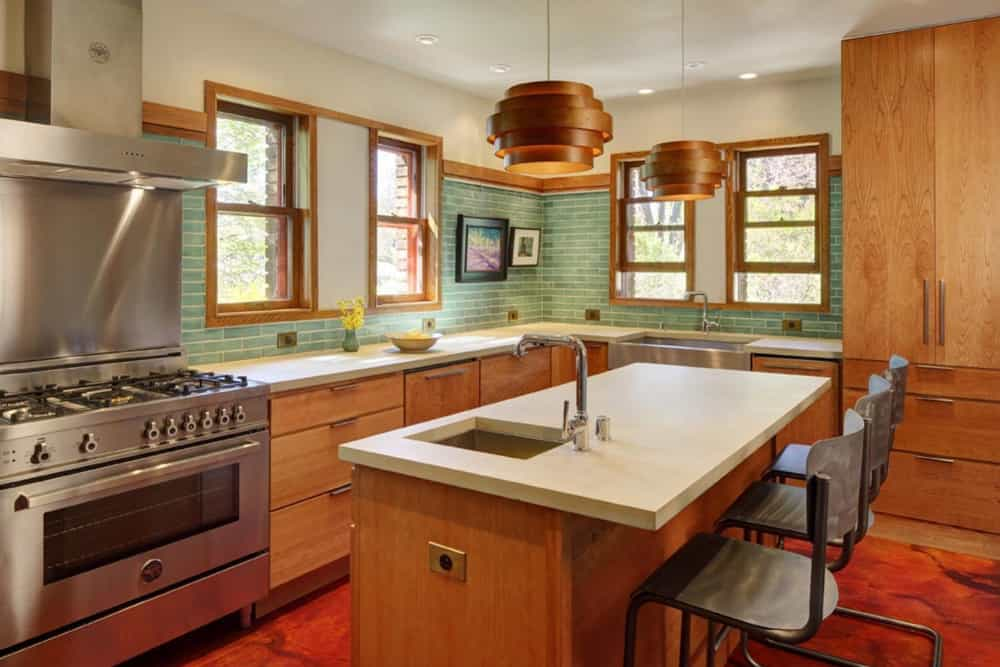
Artificial Quartz
In this Waunakee kitchen renovation, the backsplash behind the stove was made of the same quartz used on the island.
Today, quartz is homeowners’ second-most preferred material for kitchen worktops, directly behind granite. It should come as no surprise that manufactured quartz is far more durable and adaptable than natural stone and is also water, stain, and scratch resistant. The development of ultra-thin quartz sheet has made it the ideal material for backsplashes and shower surrounds. Here are quartz’s benefits and drawbacks.
There is innovative design.
Backsplashes made of tile are dated. Slabs and sheets are a trendy new style that has several advantages. Large sheets covering a wall provide superior protection and produce a continuous surface that appears contemporary. They also have fewer seams and fractures. Quartz offers a customizable surface with a variety of patterns and hues to complement any design aesthetic.
Quartz Isn’t Porous
True solid surfaces like quartz never need to be sealed, won’t discolor, and are very simple to keep clean.
Aesthetically stunning, robust, and timeless.
If you want to make your kitchen design’s visual focus point really magnificent, quartz is the ideal material to employ. It comes in a variety of designs that seem natural. It has a timeless elegance that will last for decades and is highly robust, stain-resistant, and scratch-resistant.
Full-sheet-engineered quartz backsplashes have a somewhat high price tag as their sole significant disadvantage. However, the truth is that it all depends on how you define “expensive.” The majority of homeowners who use sheet quartz for their backsplash believe that the pricing is fair, considering the quality they obtain. Quartz is a resilient, visually beautiful substance that will endure for many years.
Broken Glass
A timeless, gorgeous, and reasonably priced design statement may be made with a solid glass backsplash. Glass backsplash material in whole sheets is available in various hues, textures, and thicknesses. Glass has a few problems but also several advantages for house owners.
A Beautiful Glass Backsplash!
Glass is a fantastic way to enhance your kitchen and create a magnificent visual focal point, in addition to being a terrific way to preserve your kitchen walls.
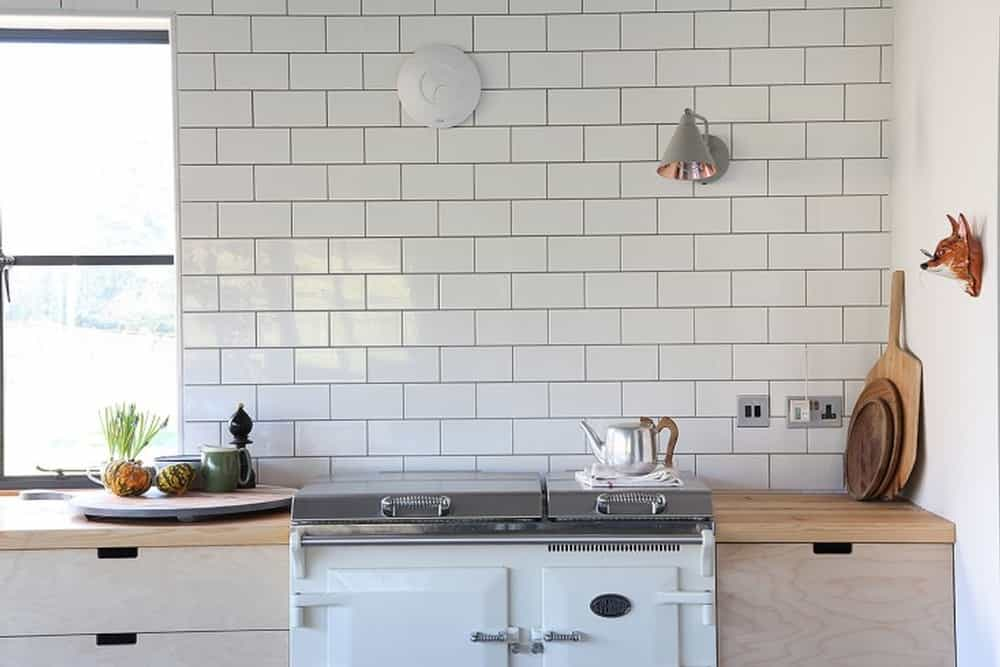
Flexible Glass
Glass offers you a wide range of alternatives when it comes to designing a gorgeous backsplash. You may combine shapes, sizes, colors, and glass textures to realize your creative idea.
It’s simple to maintain.
One of the simplest materials to maintain spotless and shining is Glass. Nearly anything will instantly take off with a soft cloth, some water, and dish soap! You’ll appreciate how simple cleaning is and how clean your kitchen will be at the end of the day.
Glass Is Safe For The Environment
You have a lot of alternatives when it comes to full-sheet tempered Glass that is created from recycled Glass. It’s a fantastic way to employ recycled materials that are simple to produce.
While Glass has many advantages, you should be aware of certain disadvantages as well. Although tempered Glass is a sturdy material for backsplashes, it is not shatterproof. Your backsplash may break if you misuse it, such as by washing it too vigorously or unintentionally striking it with a pan.
Additionally, a glass backsplash has to be installed carefully, particularly if it’s clear. Finally, fixing your backsplash may be challenging, depending on the severity of the damage. If the damage is severe, you may need to replace it.
Beautiful Tile Alternatives
Consider employing a full-sheet backsplash if you’re seeking a distinctive solution to make your kitchen design stand out. A full-sheet backsplash is simpler to clean, more visually pleasing, and surprisingly economical, whether it is made of resilient stainless steel, the beauty of natural stone, the convenience of engineered quartz, or the environmental friendliness of Glass.
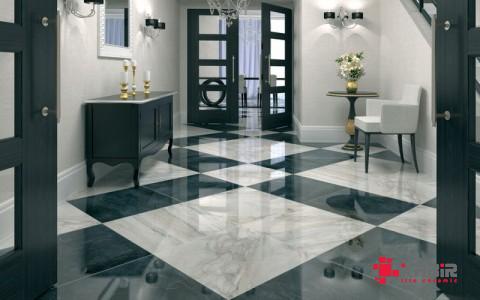
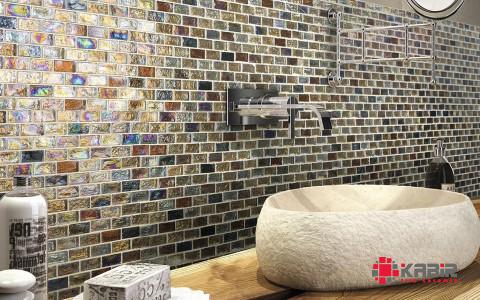
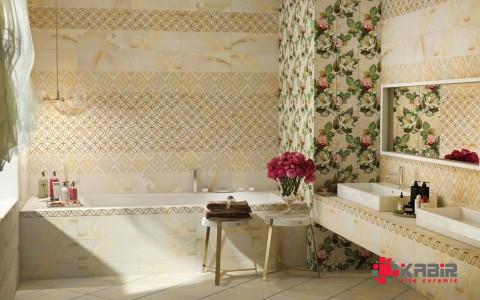
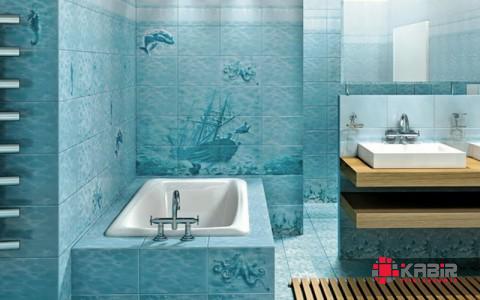
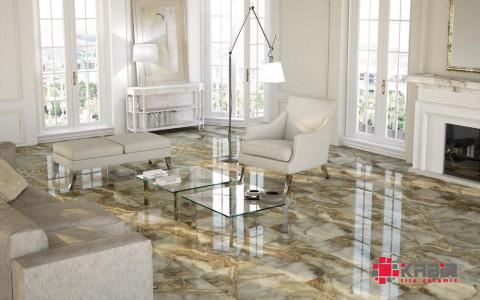
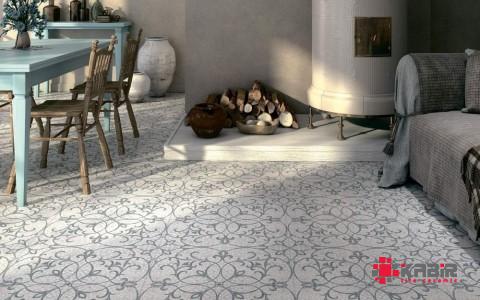
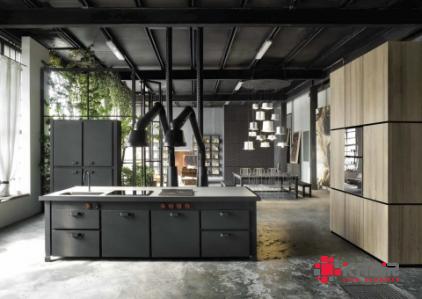
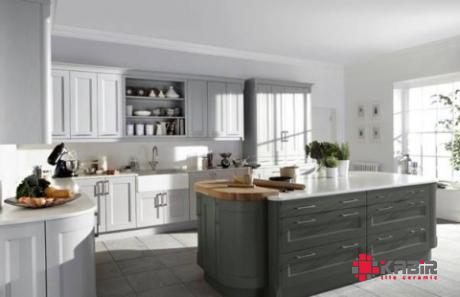
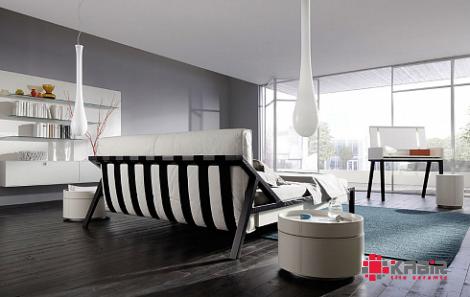
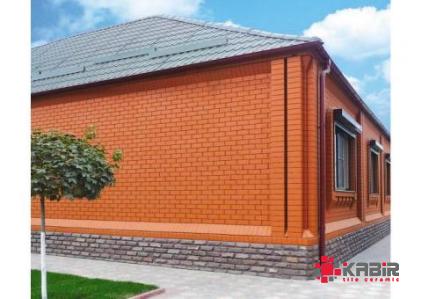
Your comment submitted.